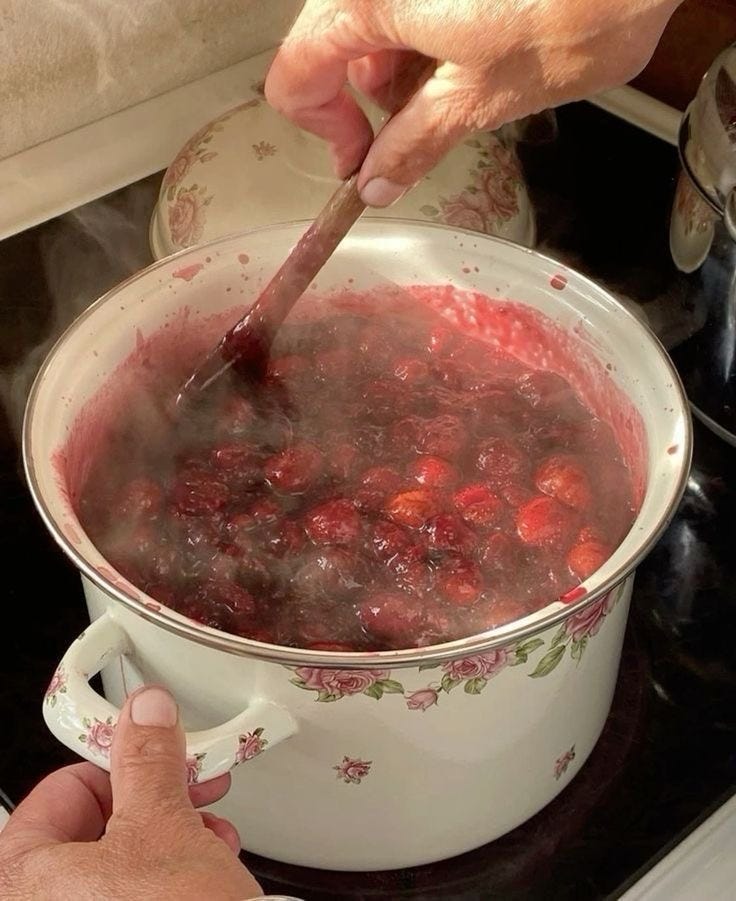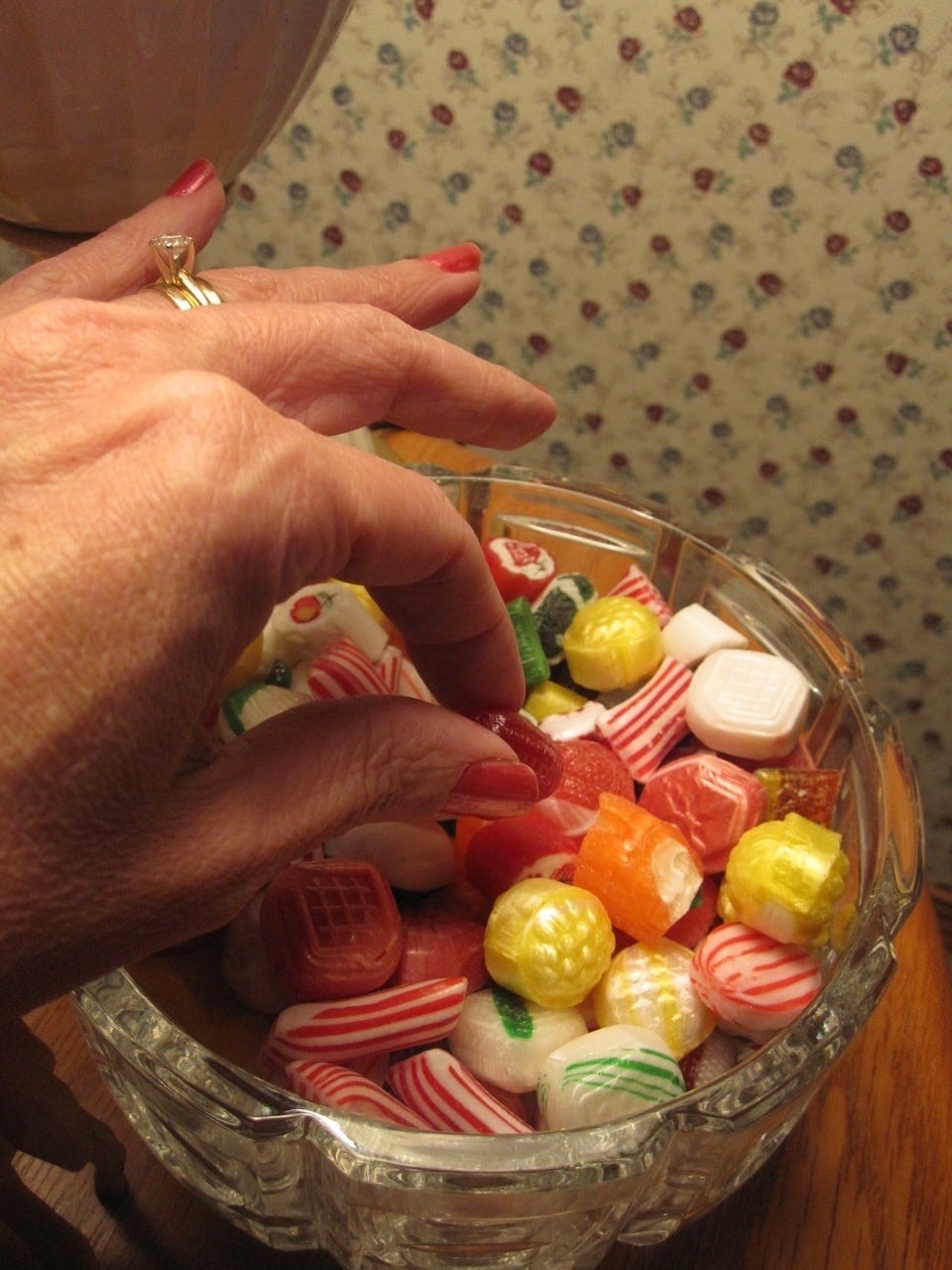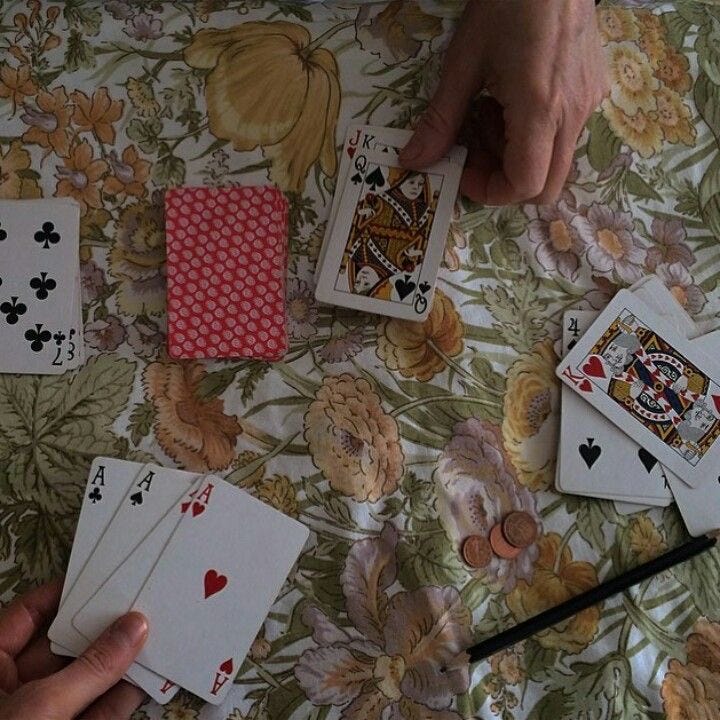it’s surprisingly easy to live your entire life without ever confronting what you believe in — not the spiritual kind of belief, or the political kind, or even the romantic kind — but the raw, private, uneasy belief that life is still worth showing up for, even when it’s not particularly rewarding, or hopeful, or pleasant. we’re often encouraged to “push through,” to keep going, to stay optimistic — but very rarely are we taught how to move forward when everything inside us feels still, dull, uncertain. no one teaches you what to do when you stop relating to your own life, when even the things you’ve chosen with full intention begin to feel like a costume you’re trying to keep buttoned up in public. no one hands you a manual for the days when you want to exist less urgently, when you’re not sure whether you’re burned out, bored, or just fundamentally disappointed by how much reality has failed to resemble the imagined life you were working so hard for.
existential courage — as a concept — sounds lofty, almost mythic. we imagine it as some philosophical heroism, something camus might have scribbled in a notebook during an afternoon of intellectual despair. but in practice, it rarely looks like epiphany. more often, it looks like brushing your teeth while wondering if anything matters. it looks like setting an alarm even when you don’t have anywhere important to be. it looks like opening your laptop on days when your thoughts feel like wet cardboard. it’s not aesthetic. it’s not poetic. it’s not even productive. it’s the ongoing willingness to live a life that doesn’t always feel beautiful — without abandoning it, without numbing it out completely, without trying to escape into someone else’s idea of purpose.
i’ve come to understand that there’s an unspoken exhaustion that accumulates when you’re deeply awake to your own life but uncertain of how to carry it. the moments when you feel emotionally literate enough to know that something’s off, but you don’t have the script or the energy to make it better. you’re not falling apart — you’re performing fine. you’re attending the birthday dinners, meeting deadlines, even laughing convincingly in group chats. but underneath it all is this constant negotiation with time, with expectation, with meaning. what is all of this building toward? is this what fulfillment is supposed to feel like — slightly muted, slightly tolerable, slightly too late?
you can intellectualize your way through a lot of discomfort. you can label it: postmodern malaise, emotional fatigue, ennui, a temporary misalignment. you can tell yourself it’s seasonal, hormonal, the consequence of living in a late capitalist attention economy. and maybe it is. but even knowing that doesn’t save you from it. it doesn’t lessen the strange weight of being alive in a world that keeps demanding performance while giving you fewer and fewer reasons to feel grounded in it. it doesn’t cancel out the dissonance of watching people thrive, build, glow-up, relocate, transform, while you can barely gather the will to return a call from someone you love. even your pleasures start to feel like obligations. the show you were excited to watch sits unfinished. the book you bought sits unopened on your nightstand like an accusation. leisure turns into a performance of rest, and rest becomes another task to fail at.
so you retreat. not loudly. just subtly. you start answering messages with less enthusiasm. you cancel plans by saying “next week” and secretly hoping the invitation won’t come again. you start to feel relief when something gets rescheduled. not because you don’t care — you care too much — but because caring feels like another muscle you’ve overworked into fatigue. and that’s where existential courage begins to matter. not in the obvious moments — not when you’re climbing some metaphorical mountain — but when you’re standing in your kitchen at 4:00 p.m. realizing you haven’t had a full conversation with anyone in days and aren’t sure you want to. not because you’re depressed (though maybe you could be), but because engagement just feels so expensive.
courage, in this context, is faint. it’s the act of keeping your mind open when everything in you wants to shut down. it’s the act of being curious about your own dullness instead of shaming yourself out of it. it’s asking, not with panic but with patience: what am i needing that i’m not naming? what kind of life have i built around myself, and how much of it actually reflects the world i want to belong to? what if the numbness isn’t a flaw, but a message? what if this disconnection is an intelligent response to a life that’s become too tight, too curated, too performative to feel real?
sometimes courage means pausing the growth spiral. sometimes it means letting go of the self-improvement narrative long enough to realize that maybe you’re not supposed to be constantly evolving — maybe you’re just supposed to be here, in this exact version of yourself, looking around and trying to feel something. not achieve. not perfect. not become. just witness. just breathe. just remember what it’s like to sit in your own presence without turning it into a project.
there’s a moment i think about often — a memory that doesn’t belong to me. it’s from a joan didion essay, where she describes the act of making a drink, folding laundry, doing something simple and domestic while her whole life is unraveling in the background. that image stuck with me. because that’s what it is. that’s what existential courage looks like. it looks like folding laundry while questioning your own identity. it looks like buying groceries while grieving a version of yourself you didn’t know you were going to lose. it looks like writing a substack post when you’re not even sure your voice feels like your own anymore. it’s not clarity. it’s continuity.
and continuity is wildly underrated. we talk so much about reinvention and transformation and healing arcs — but sometimes the bravest thing you can do is keep being yourself on days when it feels easier to abandon everything. sometimes the boldest move is not to begin again, but to stay. stay present. stay aware. stay confused, but inside your own body. because numbness, too, is part of being alive. so is disillusionment. so is apathy. these states are not errors — they are chapters. not ones we share in carousel posts or hashtag as #healing, but ones that belong in the narrative of being a person trying to stay conscious in a world that begs you to disassociate for the sake of convenience.
so if you’re in that place — that vague, blurry, hard-to-name state where you’re still doing life but can’t feel the pulse of it the way you used to — let this be your reminder that showing up like this still counts. that making dinner still counts. that washing your hair still counts. that answering a message, even awkwardly, still counts. you don’t need a breakthrough. you need a little space to be inside your questions without rushing to close them. you need to know that your courage isn’t missing — it’s just quiet. and that’s allowed.
in a culture that rewards spectacle, there is something deeply radical about letting your courage be small. not because it’s less — but because it’s more sustainable. more honest. more human. and in this weird, restless, always-moving life, choosing to stay emotionally present without needing all the answers is an act of bravery that rarely gets seen — but it deserves to be honored. maybe not with applause. but with a moment of breath. of warmth. of recognition. something that says: i see you. still here. still trying. still, somehow, believing this life is worth participating in — even when it doesn’t make sense.
and that, in its own still way, is everything.








wow ..it was like a gift to the exact situation I'm going trough. bless you
Loved this read. This line hit me hard - to just remember what it’s like to sit in your own presence without turning it into a project.